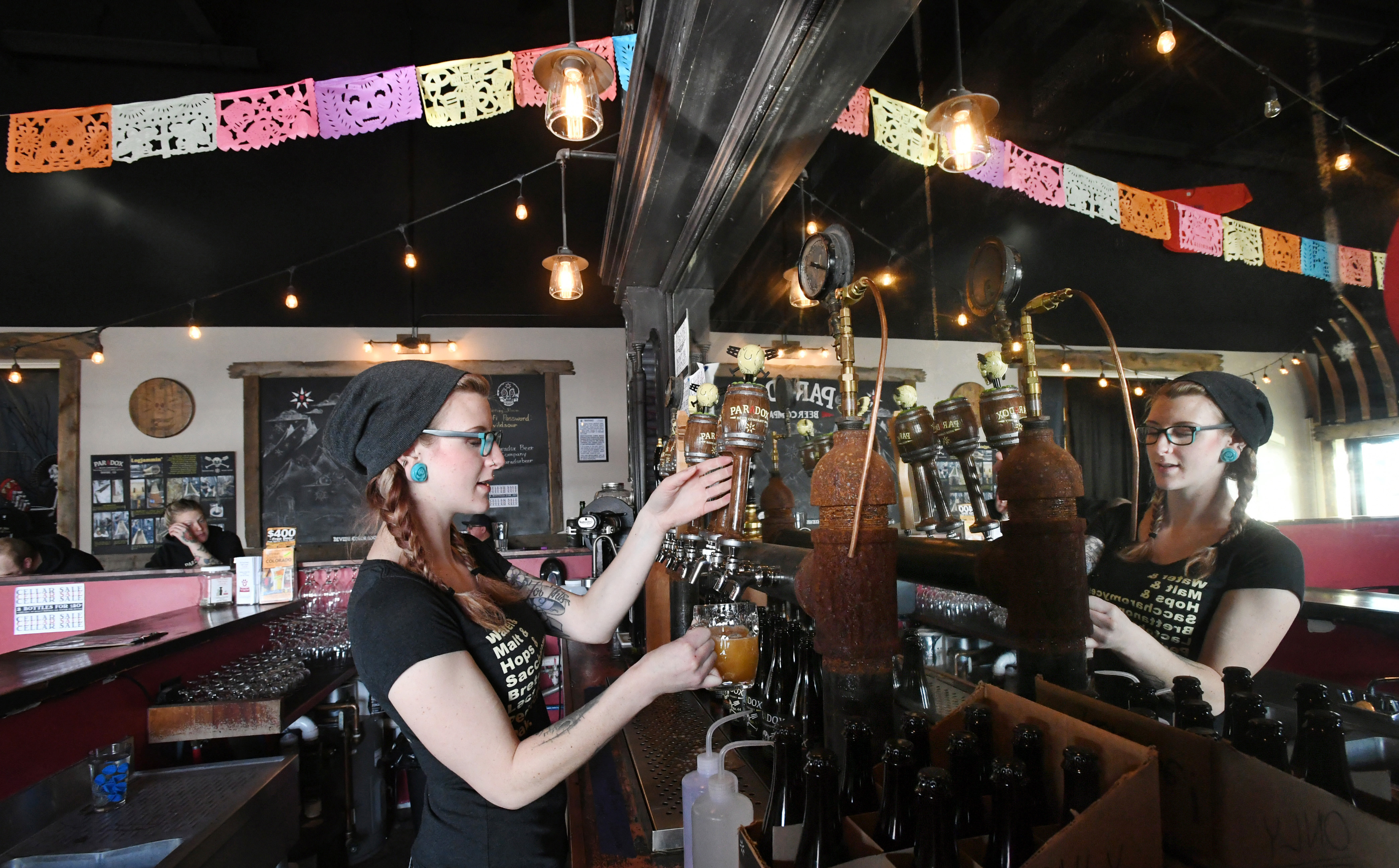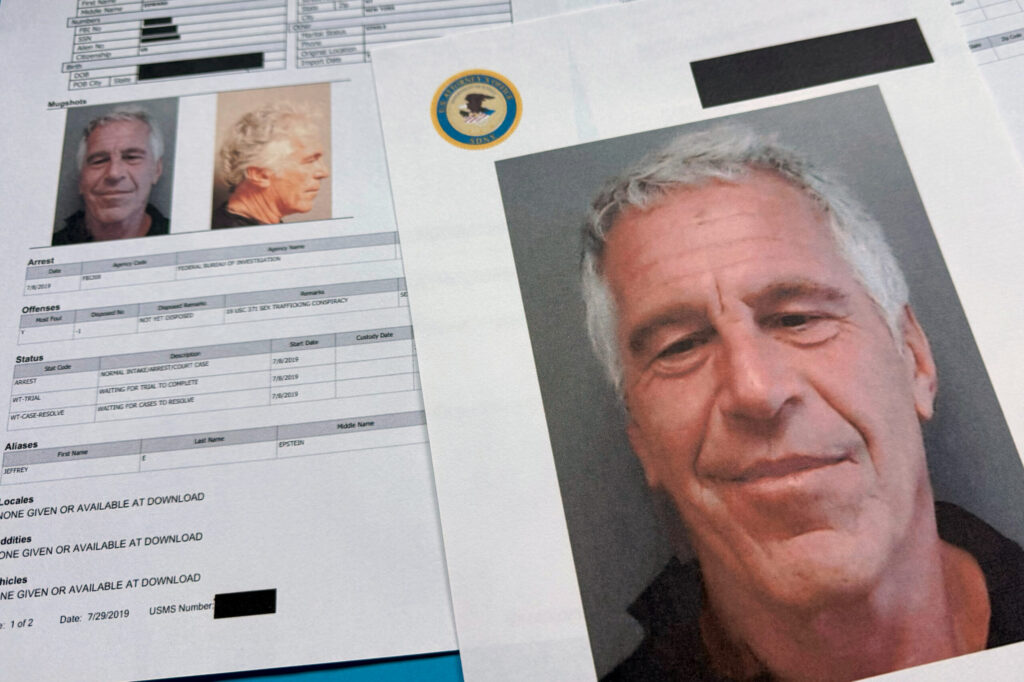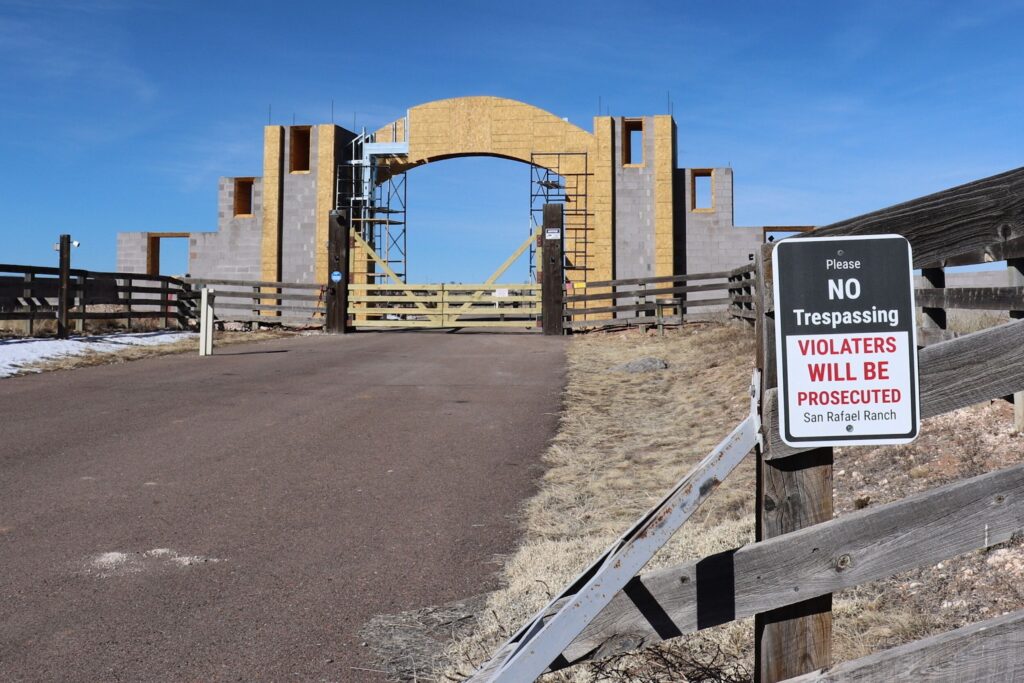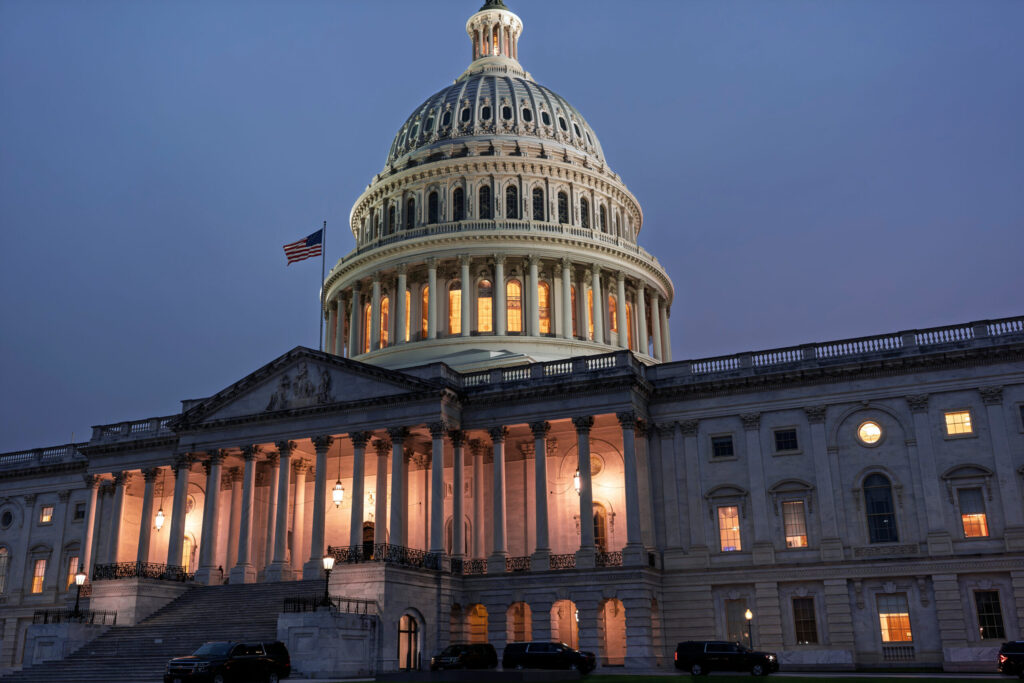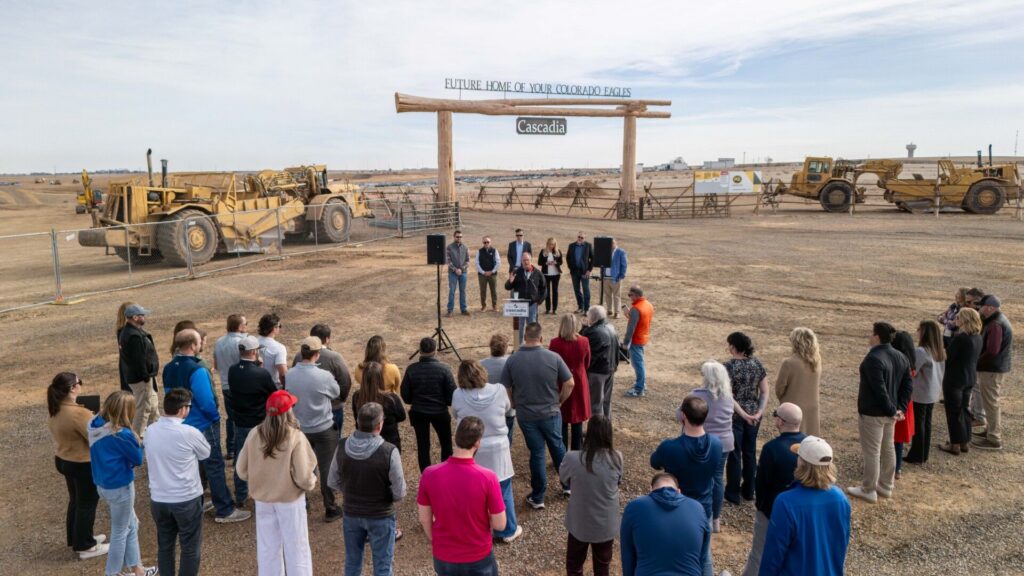Colorado’s craft brewers facing a dry spell because of the government shutdown

Paradox Beer Company on Thursday debuted its Maple Manhattan, a cocktail-inspired brew aged in maple wood barrels with maple syrup and Italian amarena cherries.
But customers in the 17 other states to which the brewery ships its beers will have to wait to taste the new beer because of hangups related to the federal government shutdown, says Jeff Airman, brewer and blender at Divide-based brewery.
Craft brewers in Colorado and across the country that ship out of state have joined the list of those feeling the strain of the partial shutdown that has halted operations at the federal agency that regulates alcohol production and distribution. The hiatus makes it impossible for breweries to get the clearances they need to introduce varieties to out-of-state customers and open or expand tap rooms and other facilities.
Paradox, which typically introduces between 20 and 30 beers annually, has seven new brews that it’s yet to begin bottling because the labels haven’t been approved by the Alcohol and Tobacco Tax and Trade Bureau, Airman said.
Democrats aren’t buying Trump’s shutdown-ending ‘compromise’
“The concept here has always been to keep changing, to keep doing new beers and new varieties. That’s really what the consumer is after these days,” Airman said. “Having our hands tied and not being able to release new beers makes it difficult for us to do what we’ve done for the past six-and-a-half years as a company.”
The state has its label approval process, so beers that are being sold by Colorado breweries within Colorado don’t need federal clearance.
Hundreds of thousands of federal employees have missed paychecks because of the shutdown, which began on Dec. 22 and has continued amid an impasse over President Donald Trump’s demand for Congress to provide $5.7 billion to build his long-promised border wall with Mexico.
The delays related to the shutdown have made it especially tough for small, independent beermakers, who launch new and seasonal products with less lead time than major brands, according to the Boulder-based Brewers Association.
But big-name Colorado brewing companies, such as New Belgium and Oskar Blues, are also hitting potentially costly snags.
Longmont-based Oskar Blues has about 15 new beers that are in limbo, awaiting formula approval for development or other clearances for shipment out of state, said Marketing Director Dave Taylor. The company, which operates a restaurant in Colorado Springs and distributes its beers nationwide, has also put on hold canning a new version of its Steep Coast Double IPA and moving forward with tap room projects in Texas and North Carolina.
“We have innovative, delicious new beers that we’re just sitting on,” Taylor said. “It’s hurting our suppliers. It’s hurting us. It’s hurting tap rooms.”
U.S. Sen. Michael Bennet, a Colorado Democrat, has asked Treasury Secretary Steve Mnuchin to explain how the federal government plans to address the backlog that’s holding up business for brewers and distillers, including more than 11,000 applications for alcohol labels that have accumulated since the shutdown began.
“The uncertainty of a government shutdown is affecting these business owners’ ability to invest, hire, grow, and hit revenue targets,” Bennet wrote in a Wednesday letter to Mnuchin. “The inability of these companies to plan also affects farmers, suppliers and everyone along the craft brewing supply chain, an industry that contributes $76.2 billion and more than 500,000 jobs to the U.S. economy.”
The shutdown is likely also preventing breweries in other states from getting label approvals needed to sell new products in Colorado, said Paul Gatza, director of the Brewers Association, a not-for-profit trade association.
The end of the shutdown won’t bring an immediate end to the delays. The longer the shutdown continues, the bigger the backlog the Alcohol and Tobacco Tax and Trade Bureau will have to sort through when work resumes. That means it could still be months before labels and permits are approved.
Plus, the broader economic consequences of the shutdown could compound the logistical challenges that breweries have experienced due to the shutdown, even after it ends, Gatza said in an email.
“As the shutdown continues with no end in sight, I also think that government workers and others are becoming increasingly worried about the economy, which could impact craft beer sales as spending changes ripple through the Front Range and whole country,” he said.
The Associated Press contributed to this story.
